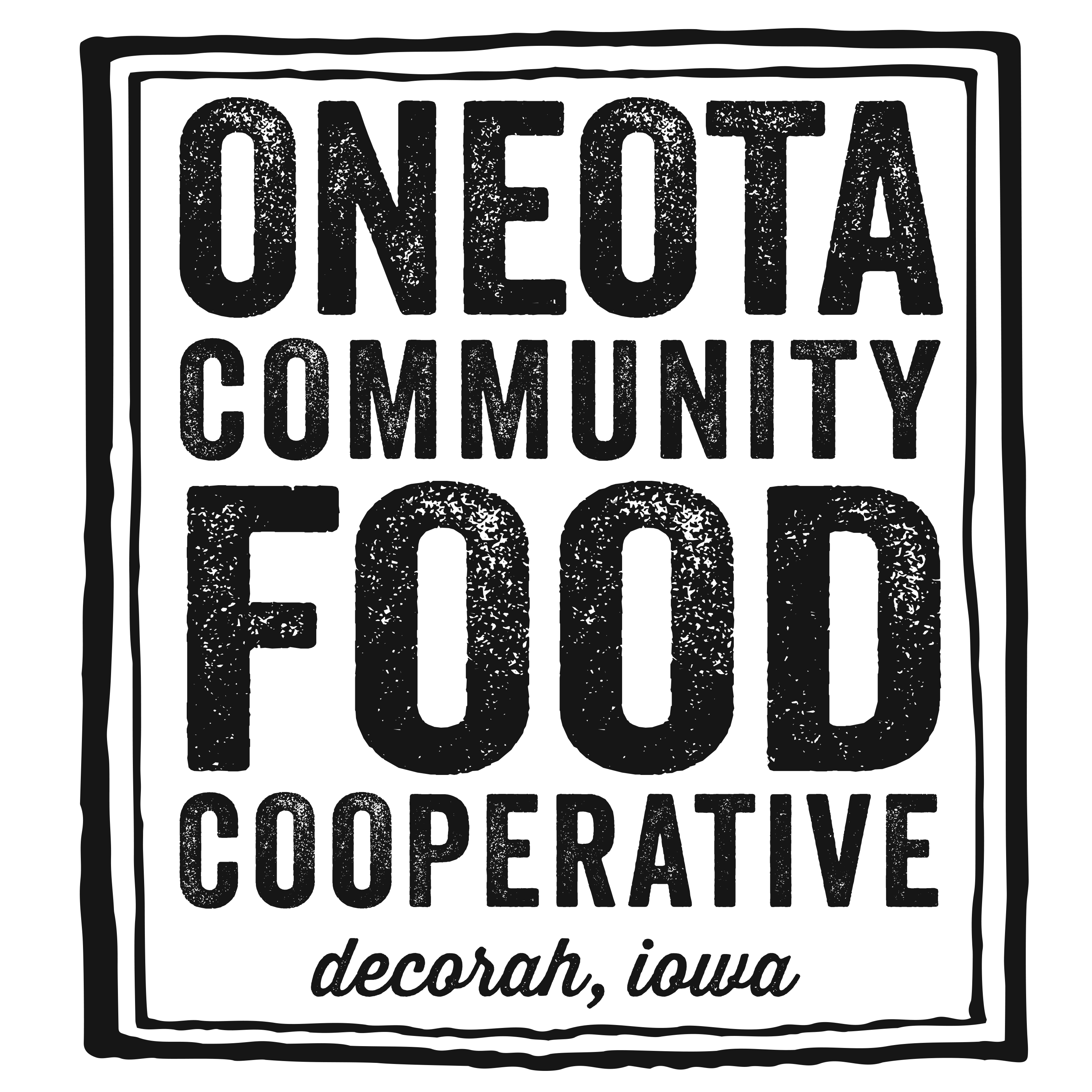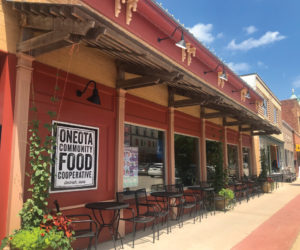By: Bill Pardee, President of the Board, OCC
Sometimes we have floods; sometimes we have drought. Usually we’re healthy; sometimes we’re sick. Often investments increase in value; sometimes they crash. Usually nuclear reactors survive earthquakes, but then we have a Fukushima. Life is a series of unexpected events. Some experts responded to the devastation of the 2008 financial meltdown or the Fukushima disaster or the 2008 Iowa floods by working harder at prediction. Nicholas Taleb says, “Nonsense.” He has a different answer, which is to learn to survive or, better, to grow stronger from randomness.
Taleb is the author of the 2007 New York Times best seller, The Black Swan, and of last year’s Anti-Fragile. Until 1697, Europeans supposed all swans were white. Then the Australian black swan was discovered, and the term has become synonymous with “something [good or bad] nobody could have predicted.”
A few years ago some very smart Wall Street people with very complicated computer algorithms convinced a lot of other people that they could combine many high risk investments to create a single low risk investment (the proverbial silk purse). They failed. Taleb, by the way, predicted the unsustainability of those practices, and he made a lot of money from the collapse.
As Yogi Berra said, “Prediction is hard. Especially of the future.” The accurate estimation of rare events is impossible, except in a few artificial situations, like blackjack or craps or a lottery. Worse, trying to estimate those probabilities gives us a false sense of security, like Fukushima, the 2008 Iowa floods, and the people and institutions that lost fortunes in the 2008 crash.
In Anti-Fragile, Taleb points out that some systems (he mentions big banks) break in response to stress. They’re fragile. Some systems (a wind resistant roof) survive—they are robust. Biological systems (muscles, bones, immune systems) often get stronger when they are stressed and allowed to recover. He calls that “anti-fragile.” Some man-made systems are anti-fragile. When an airplane crashes, the causes are studied and corrected so that that kind of crash doesn’t happen again. The air travel system has become stronger.
Surviving Black Swans is the first key to becoming anti-fragile. Learning from experience and adapting is the second key. These two principles lead Taleb to his “barbell model.” At one end of the asymmetric barbell he places the things he can’t afford to lose. At the other end, he places small “investments” that may succeed and lead to great things, but won’t hurt him badly if they don’t. He doesn’t place anything at moderate risk, which is in the middle of the barbell, where many stock market investors lost too much in 2008. A Black Swan can destroy the supposed “moderate risk” region.
The Co-op has been robust, and sometimes anti-fragile. When a late frost damaged some producers’ apple crops, the Co-op’s diversified sources still provided apples. When drought damaged some of the Co-op’s wide variety of organic produce, others (watermelon) were even more delicious and nutritious. When a giant egg producer recalled tainted eggs, the Co-op with its diversified local sources, sold more eggs.
As the Board and GM look to the future this year, they have chosen a process that successively builds consensus over many months on our purpose, our mission, the risks we face, our vision for the future, and the resulting highest strategic priorities. We need to do this because, as we begin to repay member loans next year, we will face choices. It will be challenging work, calling for careful study and thoughtful discussion.
With increasingly variable weather and large-scale economic uncertainty, robustness and anti-fragility are more important than ever. How do we make the Co-op much more anti-fragile? I hope that the Board of Directors will address that question in the coming year as it chooses strategic priorities for the future.



